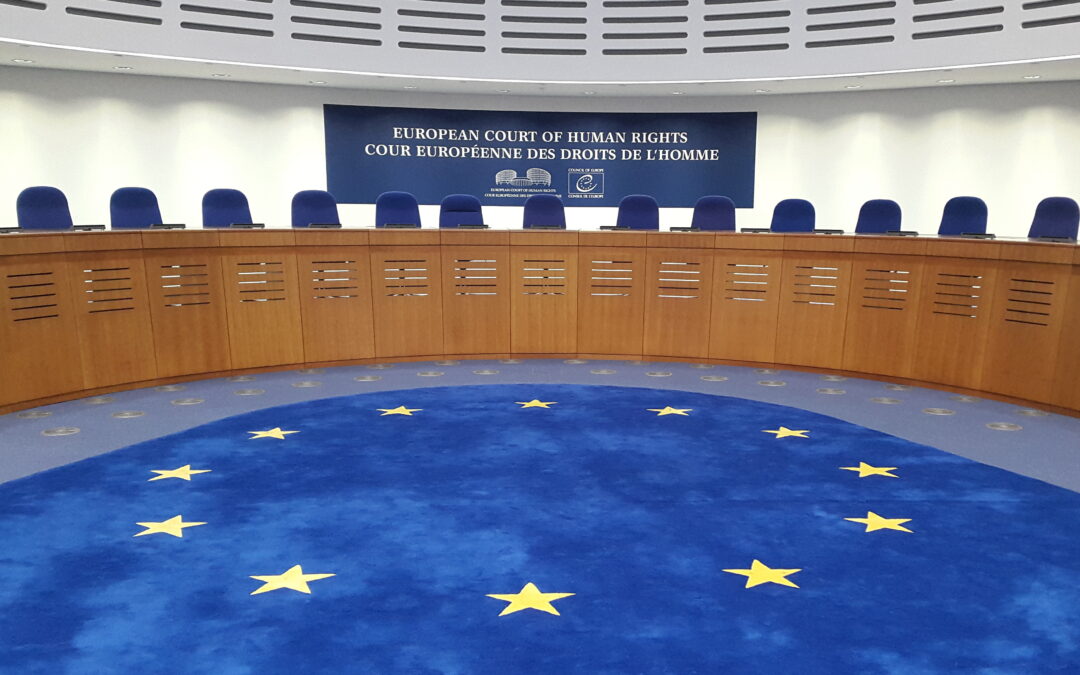
Sep 14, 2020 | Advocacy, Cases, Legal submissions
The ICJ and ECRE intervened today before the Grand Chamber of the European Court of Human Rights in the case of the extradition of a Kyrgyz national of Uzbek ethnicity back to his country of origin where he would be at risk of torture or other forms of ill-treatment .
In their submissions, the ICJ and the European Council on Refugees and Exiles (ECRE) analysed thenon-refoulement obligations of the Russian Federation under international human rights law in relation to the consideration of evidence to assess the substantial grounds to believe that a concerned person will face real risk of a serious human rights violation; and the use of diplomatic assurances purportedly to protect against torture and other serious human rights violations in light of international law.
The two NGOs also provided the Court with an update on the legal framework governing extraditions from the Russian Federation to Central Asian States, in particular Kyrgyzstan, as well as Russia’s extradition practice. They concluded that the analysis of the law and practice revealed a number of critical human rights deficits.
They submitted that the lack of respect for the procedural aspect of the principle of non-refoulement, the consequent ineffectiveness of domestic remedies in this regard, in the Russian Federation, and the abysmal record of Kyrgyzstan in upholding its obligation to respect and protect the prohibition of torture or other ill-treatment mean that extraditions from the Russian Federation to Kyrgyzstan entail a high risk of violations of both substantive and procedural aspects of the principle of non-refoulement.
These submissions are an update of the third party intervention submitted by the ICJ before the Chamber of the European Court of Human Rights on 22 September 2016. The Chamber had ruled that no risk of breach of the principle of non-refoulement existed in the case but the judgment is now subject to the review of the Grand Chamber.
ECtHR-TK and others v Russia-GC-ICJECRE-Final (download the third party intervention)
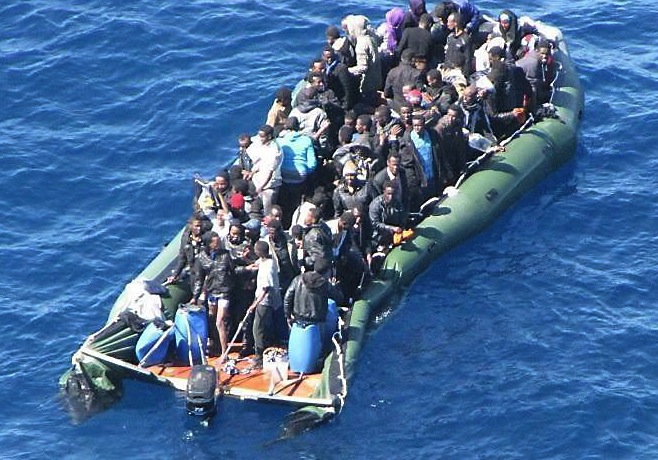
Nov 11, 2019 | Advocacy, Cases, Legal submissions
Today, the ICJ, the AIRE Centre, ECRE and DCR have submitted a third party intervention before the European Court of Human Rights in the case of a 2017 rescue operation of migrants, including refugees, in the Mediterranean Sea that involved the SeaWatch rescue vessel.
The case, S.S. and Others v. Italy, concerns the facts occurred during a rescue operation coordinated by the Maritime Research and Rescue Centre of Italy in Rome in the middle of the Mediterranean Sea.
It is currently litigated before the European Court of Human Rights where the victims of human rights violations at the hand of the Libya Coast Guard during the operation are suing Italy for breach of their rights under the European Convention on Human Rights.
During the operation, the involved the rescue boat SeaWatch, a French navy vessel and a Libyan Coast-Guard boat. It is reported certain migrants were taken and ill-treated by the Libyan Coast Guard and sent back to Libya.
It is also alleged that actions undertaken by the Lybian Coast Guard boat during the rescue operation caused the death of several persons to be rescued, including children.
The ones rescued by the SeaWatch vessel could join safety on Italian shores.
The interveners have submitted that, in accordance to the Court’s jurisprudence under the European Convention on Human Rights, other sources of international human rights law and international maritime law standards, Italy had jurisdiction for the purpose of the Convention and had, therefore, to ensure that persons involved in the rescue operation would not be exposed to serious violations of their human rights.
ECtHR-SS_v_Italy_final-JointTPI-ICJECREAIREDCR-English-2019 (download the joint third party intervention)
Video
Watch our interview with ICJ Senior Legal Adviser Massimo Frigo as he further defines S.S. and Others v. Italy and what ICJ intends to do.
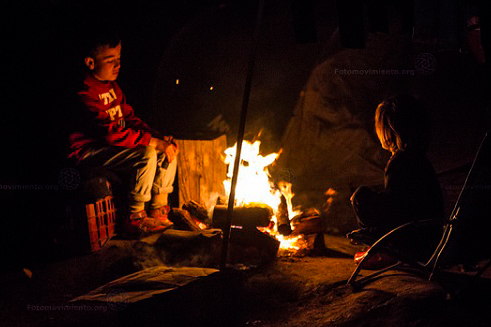
Jun 4, 2019 | News
The ICJ, European Council on Refugees and Exiles (ECRE) and the Greek Council for Refugees (GCR) welcome the decision of the European Committee on Social Rights that Greece should take “immediate measures” to protect the rights of migrant children as required under the European Social Charter.
The Greek government should now take urgent steps to comply with the Committee’s decision, to prevent serious and irreparable injury or harm to the children concerned, including damage to their physical and mental health, and to their safety.
The Committee’s decision, issued on 23 May, requires the government to immediately provide migrant children with appropriate shelter, food, water, education and medical care; to remove unaccompanied migrant children from detention and from Reception and Identification Centers (RICs) at the borders, place them in suitable accommodation for their age and appoint effective guardians.
The Committee noted that “immediate measures” were exceptional, but found that they were necessary in this case given the government’s failure to dispel serious concerns about the gravity and urgency of the situation of migrant children in Greece.
This decision is in response to a collective complaint brought before the Committee by ICJ, ECRE and GCR, alleging systemic violations of migrant children’s rights on mainland Greece and the North Eastern Aegean islands. The complaint catalogues the numerous ways in which Greece has failed to fulfill its obligations under the European Social Charter to protect the rights migrant children, leaving them in conditions of squalor, insecurity and violence.
In addition to indicating immediate measures, the Committee found the complaint itself admissible. The complaint now awaits examination and determination on the merits by the European Committee on Social Rights.
Read the statement on the decision here in English and in Greek and full complaint here.
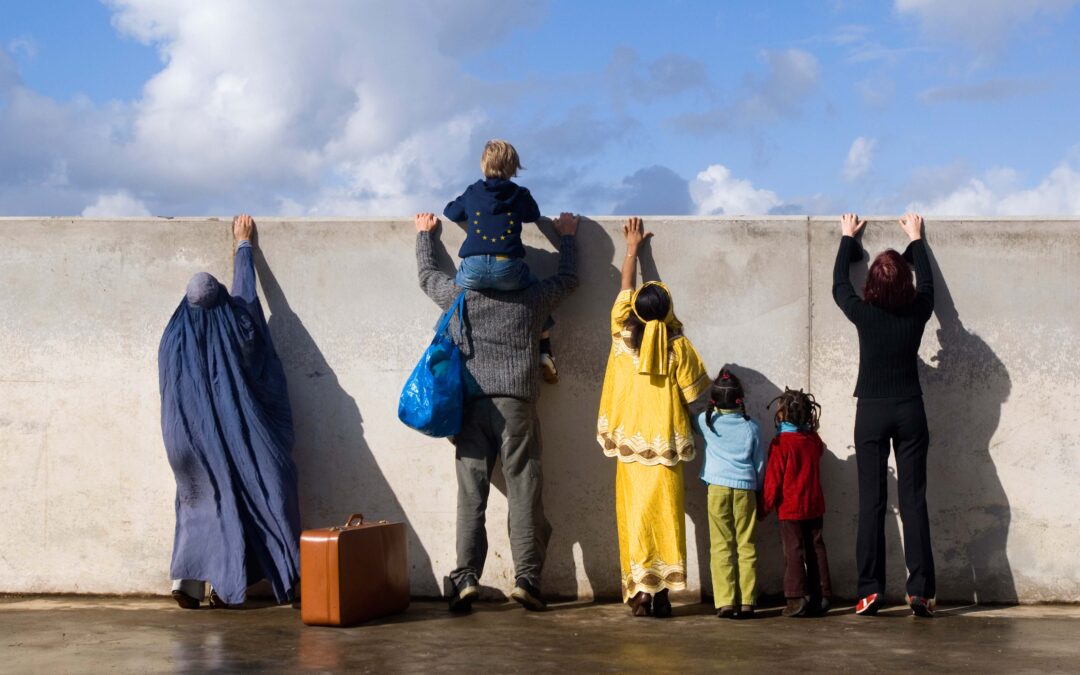
Dec 16, 2018 | Agendas, Events
Today begins in Ankara (Turkey) a two-day international workshop for lawyers and CSO practitioners representing and working with migrants, refugees and asylum-seekers.
This event is organized by ICJ, in cooperation with its partners Refugee Rights Turkey, the European Council on Refugees and Exiles (ECRE), Mülteci-Der (MD) and ICJ-EI, as part of the EU co-financed project Fostering Access to Rights for Migrants, Refugees and Asylum-Seekers in Turkey.
Lawyers and civil society practitioners – representing numerous bar associations and relevant organisations from the Istanbul area and other nearby key migration and asylum locations – are taking part in the workshop that takes place on 16-17 December.
The international conference on “Legal avenues and the role of lawyers in protecting migrant and refugee rights” includes a section on strategic litigation on asylum and migration law and European experiences.
In the second part of the conference, a final workshop is held on 17 December to discuss efforts to support expertise and effectiveness of Turkish lawyers on asylum and immigration law. This workshop will bring together key stakeholders and interlocutors to strategize about the remaining gaps and needs and the next steps in this field.
During this workshop, the organisers will present their project and its results.
The project “Fostering Access to Rights for Migrants, Refugees and Asylum-Seekers in Turkey” is funded by the European Instrument for Democracy and Human Rights (EIDHR) of the European Union.
Turkey-Workshop-Agenda-MigrationAsylumIHRL-Ankara2-2018-eng (download the agenda in English)
Turkey-Workshop-Agenda-MigrationAsylumIHRL-Ankara2-2018-tur (download the agenda in Turkish)
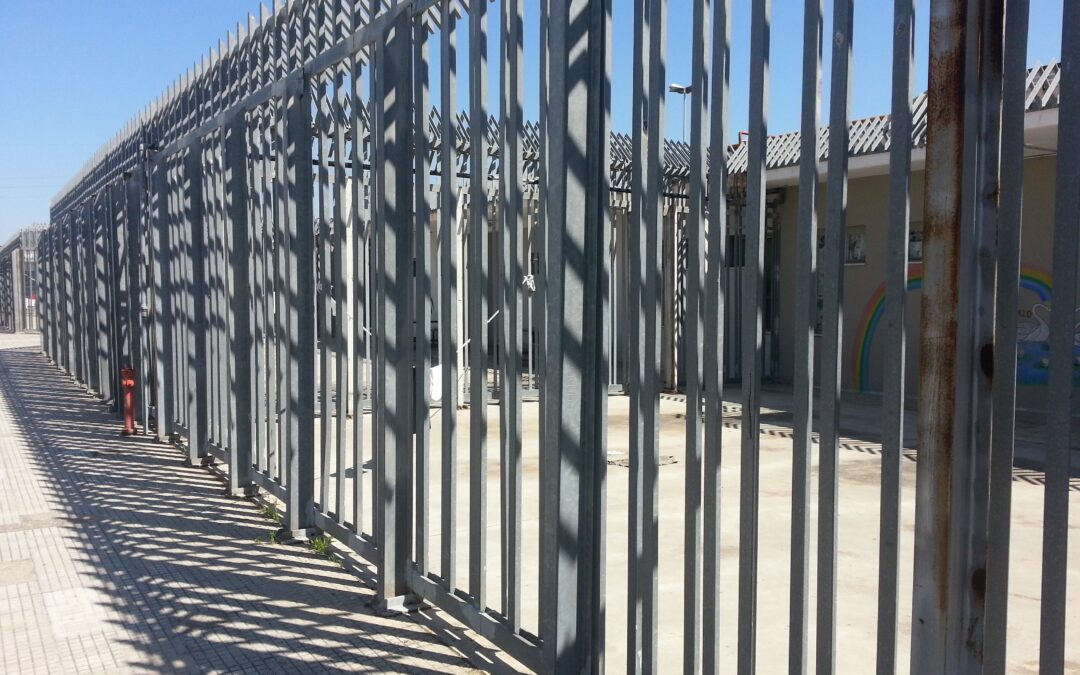
Jun 12, 2018 | Advocacy, Cases, Legal submissions
The ICJ and others intervened before the European Court of Human Rights in a case of thirteen undocumented children held in a hotspot in Italy.
The International Commission of Jurists (ICJ), the European Council on Refugees and Exiles (ECRE), the Dutch Council for Refugees and the AIRE Centre jointly intervened in the case of Trawalli and others v. Italy.
In this case, the European Court of Human Rights is called to rule, among other issues, on whether their detention and reception conditions were lawful and/or constituted an inhuman or degrading treatment under the European Convention on Human Rights.
In their third party intervention, the three human rights organizations submitted the following arguments:
a) Taking into consideration migrant children’s status as persons in situations of vulnerability and the principle of the best interests of the child, article 5 ECHR should be read in light of the rising consensus in international law towards a prohibition of detention of children on immigration grounds, in particular based on the consolidated and clear position of the UN Committee on the Rights of the Child. This applies to all instances of deprivation of liberty irrespective of their classification under domestic law.
b) In addition to the above, detention under article 5.1 ECHR will in any event be unlawful and arbitrary where it lacks a clear and accessible legal basis, outlining the permissible grounds of detention as well as the relevant procedural guarantees and remedies available to detainees, including judicial review and access to legal advice and assistance. In light of the obligations of EU Member States under EU law, the interveners submit that detention of asylum seeking children falling within the scope of the recast Reception Conditions Directive will result in a breach of the Convention standards also where it is not used as a measure of last resort, but rather is imposed without consideration of less onerous alternative measures and where the child’s best interests assessment has not been carried out and reflected in this decision.
c) Due to children’s extreme vulnerability, their detention for immigration purposes risks leading to a violation of Article 3 ECHR because of inadequate living conditions and/or to a violation of Article 8 ECHR because of a disproportionate and unnecessary interference with their development and personal autonomy, as protected under Article 8. In this sense, Article 8 must be regarded as affording protection from conditions of detention which would not reach the level of severity required to engage Article 3.
d) When the authorities deprive or seek to deprive a child of her or his liberty, they must ensure that he/she effectively benefits from an enhanced set of guarantees in addition to undertaking the diligent assessment of her/his best interest noted above. The guarantees include: prompt identification and appointment of a competent guardian; a child-sensitive due process framework, including the child’s rights to receive information in a child-friendly language, the right to be heard and have her/his views taken into due consideration depending on his/her age and maturity, to have access to justice and to challenge the detention conditions and lawfulness before a judge; free legal assistance and representation, interpretation and translation. The Contracting Parties must also immediately provide the child access to an effective remedy.
e) In order to fully comply with their obligations under the Convention, Contracting Parties must guarantee that asylum seeking children are accommodated in reception facilities which are adapted to their specific needs and provide adequate material conditions adapted to their age, condition of dependency and enhanced vulnerability. To do otherwise results in a failure by States to comply with their obligations under Article 3 ECHR and their specific obligations under EU law.
Italy-icj&others-Trawalli&others-Advocacy-legal submission-2018-ENG (download the intervention)









